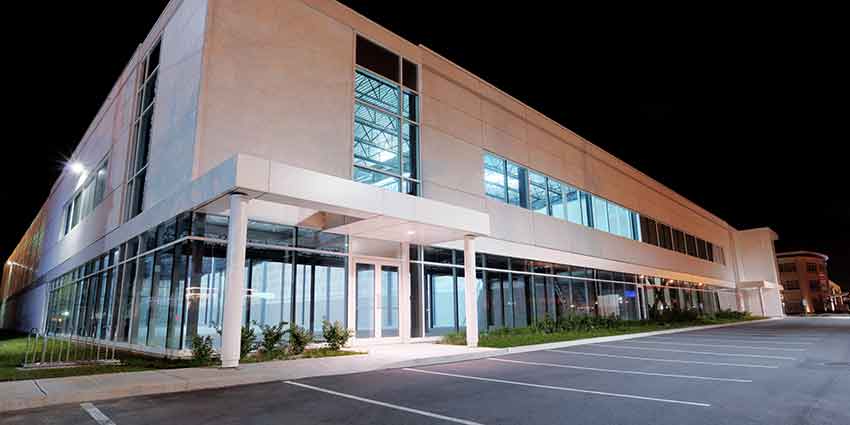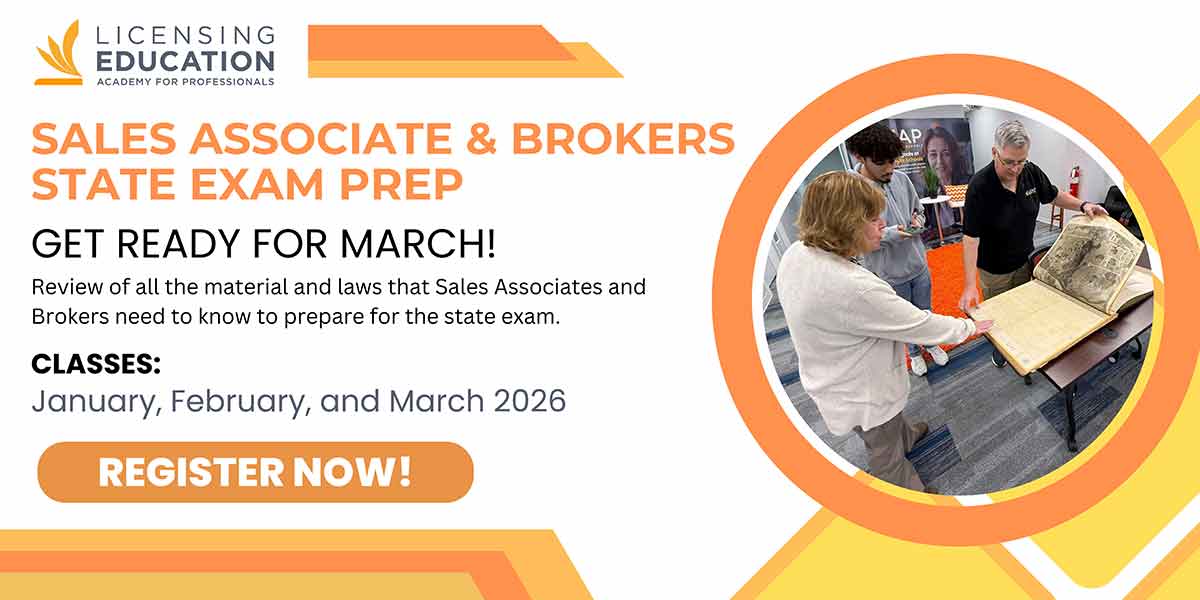A Florida real estate license opens up a world of opportunities. It’s a gateway to a rewarding career in one of the most dynamic real estate markets in the U.S.
This article will guide you through the process of obtaining your license. We’ll cover the 45-hour post-license course, the exam, and the fingerprinting requirements.
We’ll also explore the diverse career paths available to you once you’re licensed. From residential to commercial real estate, the possibilities are vast.
Whether you’re a new entrant or an experienced professional, this guide will provide valuable insights into the Florida real estate industry.
Understanding the Florida Real Estate License Requirements
Obtaining a Florida real estate license involves several steps. It’s not just about passing an exam. You need to meet specific educational requirements first.
The Florida Real Estate Commission (FREC) oversees the licensing process. They ensure that all applicants meet the necessary criteria.
Here’s a brief overview of the requirements:
- Complete a state-approved 63-hour pre-license course
- Pass the Florida real estate license exam
- Submit fingerprints for a background check
- Apply for the license with the FREC
The Role of Fingerprints in Obtaining Your License
Fingerprints play a crucial role in the licensing process. They are used for conducting a thorough background check. This is to ensure that you have a clean record.
The FREC requires all applicants to submit their fingerprints electronically. This is done through approved live scan service providers.
Remember, your application won’t be complete without this step. It’s a mandatory requirement for obtaining your Florida real estate license.
The 45-Hour Post-License Course: A Stepping Stone to Success
Once you’ve obtained your license, the journey doesn’t end there. You need to complete a 45-hour post-license course. This is a requirement within the first two years of obtaining your license.
The course covers various topics. These include real estate law, investment, and property management. It’s designed to equip you with the skills needed to succeed in the industry.
Remember, failing to complete this course could result in the loss of your license. So, it’s crucial to prioritize this step in your career journey.
Preparing for the Post-License Exam: Tips and Strategies
The post-license course concludes with an exam. It’s essential to prepare well for this test. Here are a few tips to help you succeed.
First, review the course material thoroughly. Understand the key concepts and laws. Second, take practice tests. They can help you get familiar with the exam format.
Lastly, don’t cram. Instead, study consistently over time. This will help you retain the information better. With proper preparation, you can pass the exam and continue your real estate career in Florida.
Career Paths: What Can You Do with a Florida Real Estate License?
A Florida real estate license opens up a world of opportunities. You can work as a residential or commercial real estate agent. You can also specialize in property management or real estate investment.
As a real estate agent, you can help clients buy, sell, or rent properties. You can also work with developers and investors. The possibilities are endless.
Residential vs. Commercial Real Estate Careers
Residential real estate focuses on homes for individuals and families. It’s about helping people find their dream homes. On the other hand, commercial real estate involves business properties.
Commercial real estate can be more complex. It involves larger transactions and longer sales cycles. However, it can also be more rewarding financially.
Both paths offer unique challenges and rewards. It’s up to you to decide which one suits your skills and interests best.
Maintaining Your Florida Real Estate License
Once you have your Florida real estate license, it’s important to maintain it. This involves completing continuing education courses. These courses keep you updated on the latest laws and market trends.
Continuing Education and Professional Development
Continuing education is more than just a requirement. It’s an opportunity for professional development. It helps you stay competitive in the ever-changing real estate market.
Courses cover a variety of topics. They range from legal updates to new marketing strategies. By staying informed, you can provide the best service to your clients.
Conclusion: The Future of Real Estate Careers in Florida
The future of real estate careers in Florida looks promising. With a Florida real estate license, you can explore diverse career paths.
Stay committed to ethical practices and continuing education. This will ensure your long-term success in this dynamic industry.






